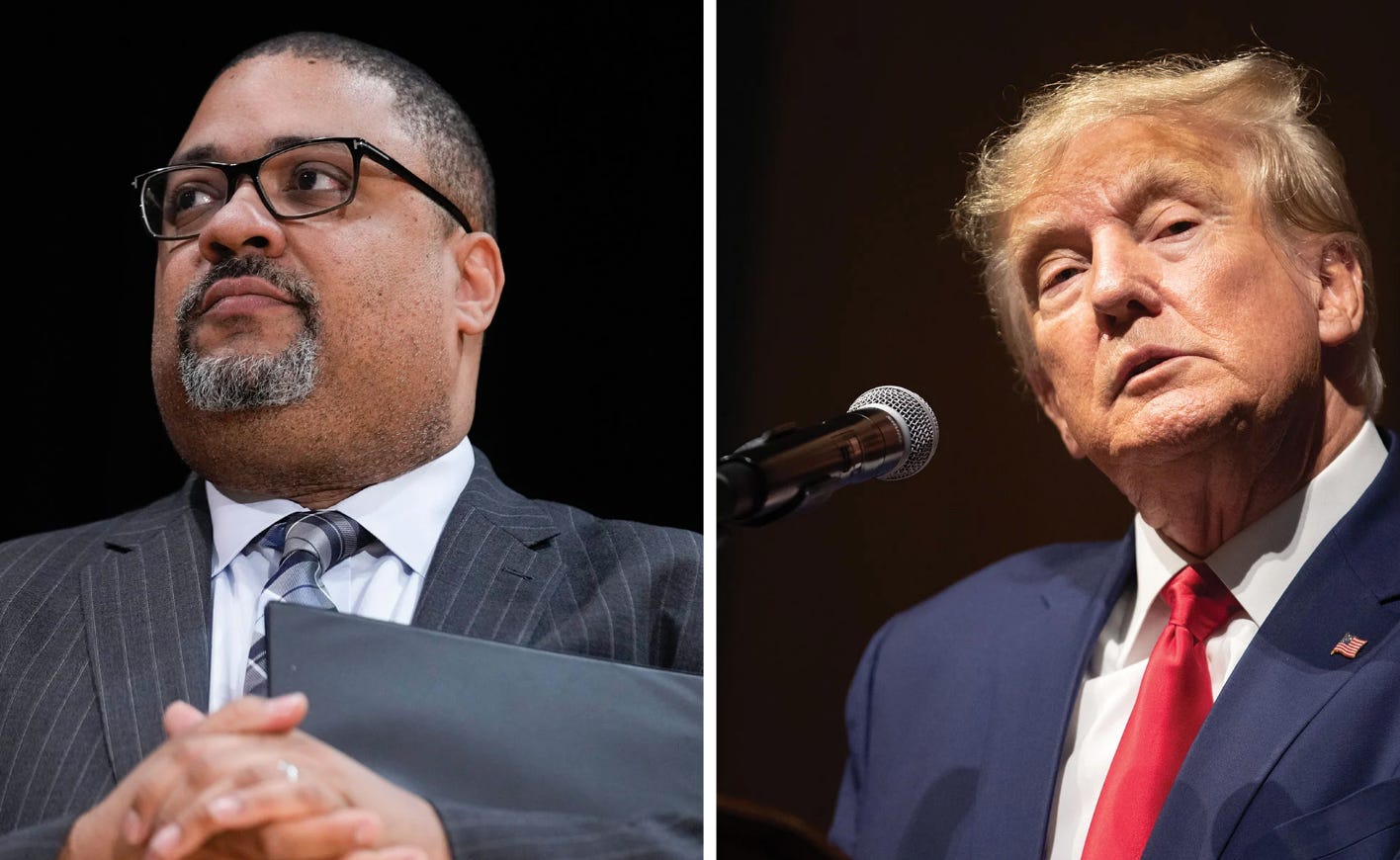A Trump Gag Order: What it Would Mean
In a surprising turn of events, a New York judge is expected to impose a gag order on former president Donald Trump on Monday, according to sources who spoke with DailyMail.com. This comes just before Trump is slated to be arrested in Manhattan on Tuesday.
This unusual effort to potentially silence the presidential candidate is anticipated to raise tensions among Trump's supporters as he gets ready to depart from his Florida residence.
Sources indicate that Trump's legal team believes the Manhattan judge may take the uncharted path of imposing a gag order on the presidential hopeful. As a result, the team is considering enlisting a First Amendment attorney to combat the decision and defend Trump's free speech rights.
What Would This Mean?
A gag order, in the context of a criminal trial, usually entails a judge issuing a restriction on the parties involved - primarily the defendant, their legal team, witnesses, or law enforcement officials - from publicly disclosing certain aspects of the case or discussing it with outsiders. The objective of such an order is to maintain the integrity of the judicial process, prevent the risk of tainting the jury pool, and uphold the defendant's right to a fair and impartial trial. Judges must weigh the competing interests of the First Amendment protections afforded to free speech and the necessity to guarantee a fair trial.
Gag orders can vary in their scope and can be as broad or as narrow as needed to address the specific concerns of the case. They may limit the release of certain evidence, witness testimony, or legal strategies that could influence public opinion and ultimately, the jurors' perceptions.
When considering the imposition of a gag order, judges apply a balancing test to assess whether the need for a fair trial supersedes the participants' right to free speech. Moreover, the judge must examine if alternative courses of action, like jury sequestration or changing the trial's venue, would suffice in addressing concerns related to pre-trial publicity.
Violating the gag order could lead to a fine of $1,000 and a prison term of up to 30 days under New York law. Appellate courts may overturn or modify these orders upon review, based on an assessment of whether the trial judge exercised appropriate discretion when issuing the order.
Irrespective of any such order, it remains highly probable that Trump, along with his associates, will persist in attempting to instill skepticism concerning his charges and Manhattan District Attorney, Alvin Bragg.



